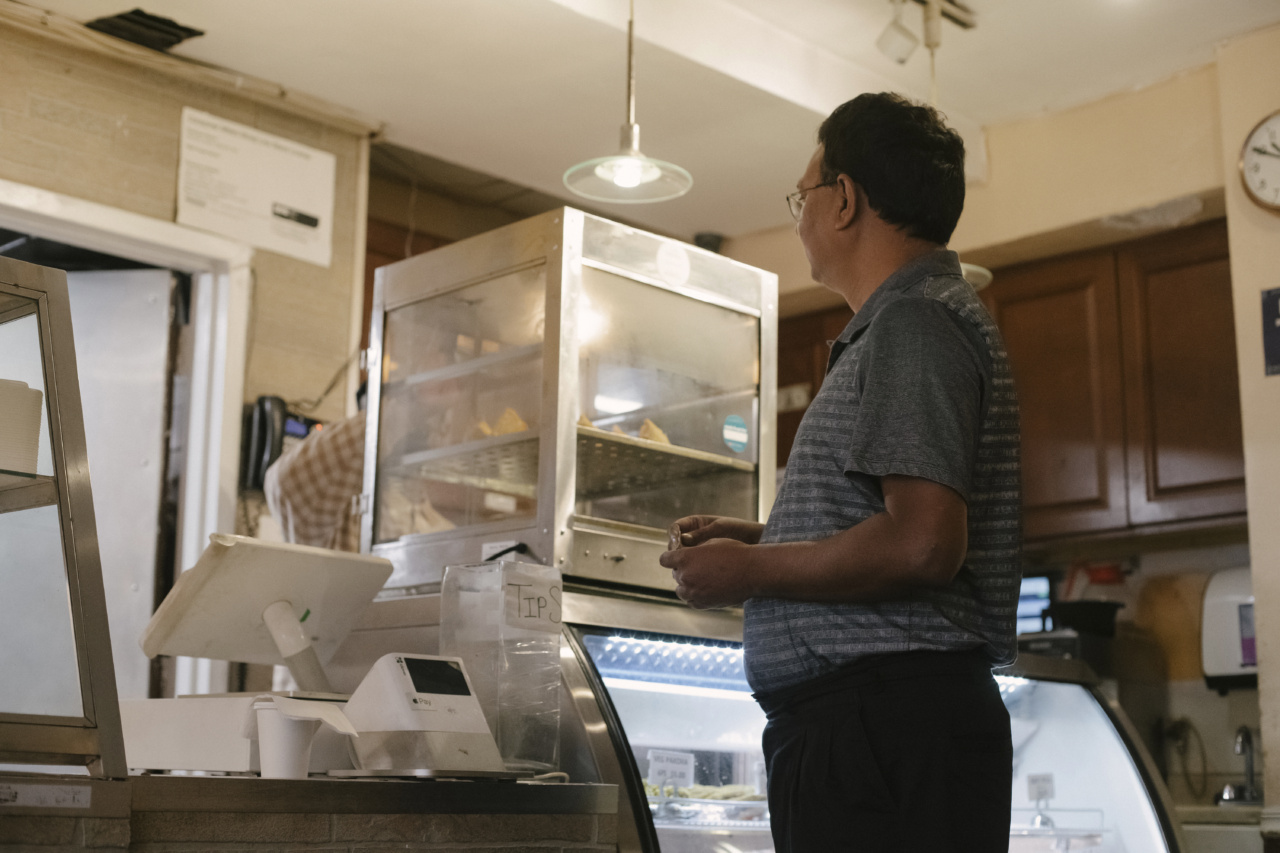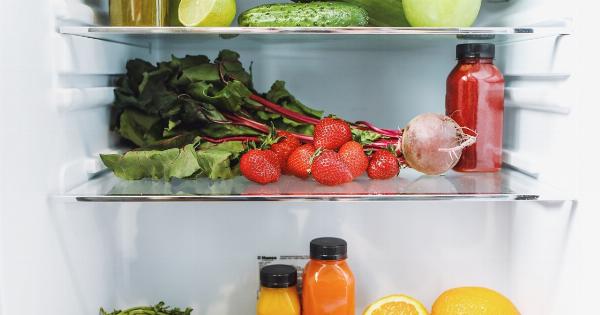Every year, billions of dollars are wasted on food that is thrown away. In addition to the financial loss, this also has a negative impact on the environment.
When food is thrown away, it eventually ends up in landfills, where it produces methane gas, a potent greenhouse gas that contributes to climate change. But with a few simple changes, you can reduce your food waste and save money at the same time. Here are some easy tips to get you started:.
Plan Your Meals
One of the main reasons people waste food is because they don’t plan their meals. By planning your meals ahead of time, you can make sure you only buy what you need and use up ingredients before they spoil.
Start by making a grocery list based on the meals you plan to make for the week. Then, only buy what’s on your list. This will help you avoid impulse buys and reduce food waste.
Shop Smart
When you go shopping, pay attention to the expiration dates on food items. Choose items with the longest expiration date, so you have more time to use them up. Also, try to buy in bulk when it makes sense.
For example, if you eat a lot of rice, buying a big bag of it instead of several small bags can save you money and reduce packaging waste.
Get Creative with Leftovers
Don’t throw away leftovers. Instead, get creative and turn them into something new. For example, leftover vegetables can be turned into a stir-fry or a soup. Leftover rice can be used to make fried rice or a rice casserole.
And leftover chicken can be shredded and used in tacos, salads, or sandwiches.
Store Food Properly
Proper food storage can help extend the life of your food and prevent it from going bad. Make sure to store food in airtight containers in the fridge or freezer. This will help prevent the food from drying out and becoming stale.
Also, make sure to store food in the right place. For example, fruits and vegetables should be stored separately, and items that need to be kept cold, like milk and yogurt, should be stored in the coldest part of the fridge.
Use Your Freezer
Your freezer can be your best friend when it comes to reducing food waste. If you have leftovers that you don’t think you’ll be able to eat in time, freeze them for later. You can also freeze items like bread, meat, and cheese to extend their shelf life.
And if you see fresh produce that’s starting to go bad, chop it up and freeze it for later use in smoothies or soups.
Compost
If you do end up with food scraps or spoiled food, don’t throw them in the trash. Instead, compost them. Composting is a natural process where food scraps and yard waste are broken down into nutrient-rich soil.
This is not only good for the environment, but it can also save you money on fertilizer for your garden.
Donate
If you have food that you know you won’t be able to use up, consider donating it to a local food bank or shelter. This can help feed people in need and reduce food waste at the same time.
Get Creative
Finally, don’t be afraid to get creative and try new things in the kitchen. Use your leftovers to experiment with new recipes, and try using ingredients that you might not normally use.
You might be surprised at how delicious and nutritious your meals can be.
Conclusion
Reducing food waste is not only good for the environment, but it can also save you money.
By planning your meals, shopping smart, getting creative with leftovers, storing food properly, using your freezer, composting, donating, and getting creative in the kitchen, you can significantly reduce your food waste and enjoy delicious meals at the same time.





























